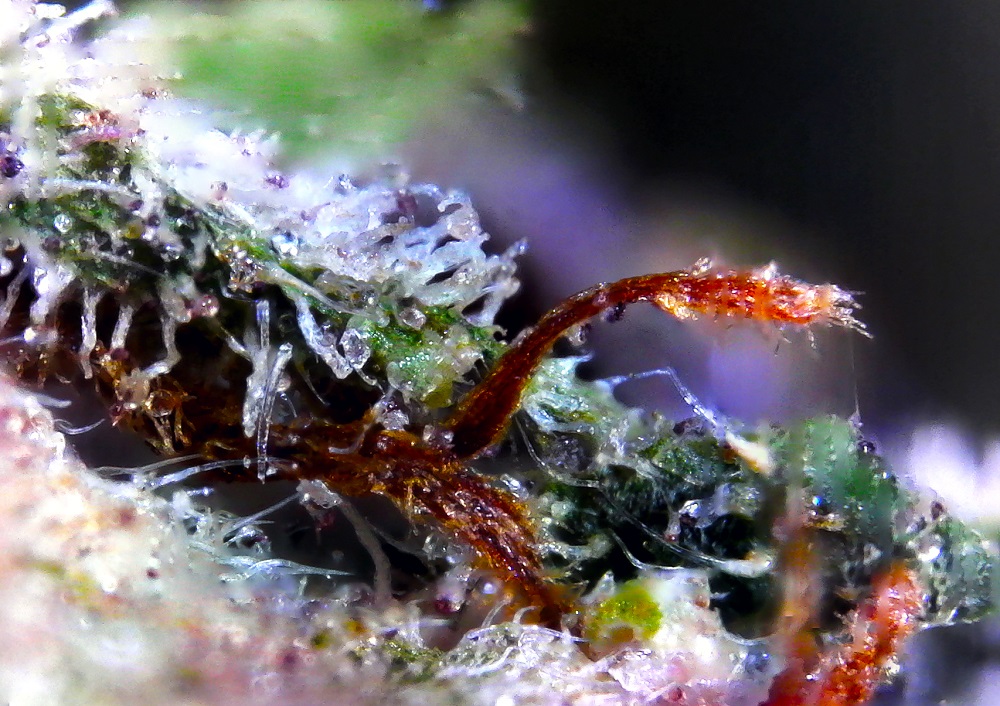
08 Jun PSCAA
I have been putting off filling out the documents the Puget Sound Clean Air Agency (PSCAA) has requested (along with fees) for years.
In 2016, an old Pinto pulled onto our 10-acre property and came right up the drive to the main house. A woman and a man, both with the demeaner of retired schoolteachers, stood on the porch avoiding the rain. I had been schooled by our attorney to not give PSCAA access, that the agency had no teeth to enforce anti-cannabis odor policies. I did not invite them in, but allowed them to deliver their forms and their request that I fill them out and mail them with a $1,150 payment. Those forms would then be reviewed to determine any additional fees or penalties.
I thanked them and sent them back down the drive. The forms went on the top of my pile of things to do, eventually moving by default to the bottom.
We got another visit from PSCAA in early March of this year. I greeted the agent in the shadow of the new grow buildings as he again explained that we must fill out a Notice of Construction and pay the registration fees if we wanted to remain operational. He looked around at the property surrounded by evergreens and acknowledged that cannabis had the same compound as those trees. He admitted not smelling any cannabis. When he asked to inspect the grow facility, I respectfully denied him access, explaining that we understood only agents of the state Liquor and Cannabis Board could demand entry sans a warrant. The agent handed me the same forms I had on the bottom of that to-do pile with a warning that we must comply or cease growing.
Cease growing? Do they really have that authority!?!?
Digging into the forms I was astounded by the language being applied to cannabis in farm country. PSCAA is “charged with preventing, reducing and controlling emissions and exposure from significant sources of air pollution. ‘Odors’ is a general description of air contaminant emissions which we [PSCAA] regulate.”
The agency says it wants to work with businesses “to clearly identify the methods and means to achieve the common goal of ‘no nuisance impacts.’”
The very idea that the magnificently complex and therapeutic aromas of the essential oils created within the plant’s trichomes are considered pollutants rubs me entirely the wrong way. How could the complex floral aromas of fresh cannabis be a nuisance? We wanted to appeal so I called the Pollution Control Hearings Board to discover that only four other companies had tried to appeal. Reading through the findings of the two cases that made it through the process, I discovered that neither of them won their appeal.
The one hope was an argument that we are on right-to-farm land of more than five acres and should be exempt from PSCAA overreach. We had to sign a document stating we could not complain about farm odors or farm equipment noise because we are zoned agricultural. So did all our neighbors. There could be a claim to make that if we utilize five acres or more for commercial activity, we are exempt from the reach of PSCAA.
We have a hay field covering more than 60% of our property, a compost pile at the north border and the cannabis grow buildings on our southern border. I could prove that the hay field plus the footprint of the grow and the compost used more than five acres of space and was excited to set precedent with a successful appeal.
Part of the Notice of Construction is an environmental checklist to comply with the State Environmental Protection Act (SEPA). We complied with SEPA prior to getting our building permits in 2014. This is an extensive, 18-page checklist that we hired a team of specialists to complete, including the type of odor controls we planned to use. We were given a “determination of non-significance,” the best outcome a construction project can get.
I hoped the SEPA review would help prove our exemption, but unfortunately, that was not the case. Within the review it states that we must submit an NOC to PSCAA; that the hay field was in existence but as a non-commercial activity; and that the only commercial activity is cannabis cultivation. The area approved for cannabis cultivation is less than one acre, so we have come to the conclusion that an appeal is likely a losing battle.
I did get the agent to extend the deadline due to interruptions caused by COVID-19 but the outcome is inevitable. The procrastination will end; the forms will be filled out, and the fees and inescapable penalties will be paid, much to my consternation.
Read more articles by Shawn DeNae at https://www.marijuanaventure.


